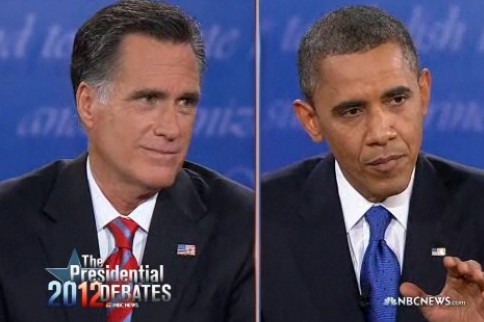 “It is what a man thinks of himself that really determines his fate,” declared Henry David Thoreau. “Men are not prisoners of fate, but only prisoners of their own minds,” echoed President Franklin Roosevelt.
“It is what a man thinks of himself that really determines his fate,” declared Henry David Thoreau. “Men are not prisoners of fate, but only prisoners of their own minds,” echoed President Franklin Roosevelt.
Such statements exemplify the American attitude that we’re in charge of our own destinies. But even in this country, many still cling to the idea of fate—that belief that important outcomes are predestined and beyond our control.
Why do we resign ourselves to that state of powerlessness? Newly published research provides one possible answer: It helps us avoid the emotional pain of making tough choices.
Two studies published in the journal Psychological Science “provide consistent and converging evidence that decision difficulty can motivate increased belief in fate,” write Duke University researchers Aaron Kay, Simone Tang, and Steven Shepherd. “These results offer a new understanding of a ubiquitous and consequential belief system.”
The first study, which featured 189 people recruited online via Amazon’s Mechanical Turk, was conducted one week ahead of the 2012 presidential election. Participants began by responding to nine assertions designed to measure the difficulty they were having choosing between President Obama and Republican challenger Mitt Romney.
Afterwards, they responded to three statements assessing their belief in predestination regarding the election, such as: “Fate will make sure that the candidate that eventually gets elected is the right one.”
The result: Those who expressed greater difficulty choosing between the candidates were also more likely to believe the outcome would be determined by fate.
The second study featured 182 people, similarly recruited online. It took place two days before the election.
“Participants viewed a website that presented real quotes from the two candidates on six issues,” the researchers explain. “To manipulate decision difficulty, we asked participants to read quotes that emphasized either the candidates’ similarities or their differences.”
Afterward, all responded to four statements about destiny and the election, including “Everything happens for a reason, and the results of the election will, too.” Finally, they reported how difficult a time they were having making up their minds.
People who read the similar-sounding statements found their choice more difficult to make, and—more importantly—“reported greater belief in fate” than those who read the statements that emphasized the candidates’ differences.
“When our voters found it harder to choose between Obama and Romney, they perceived a greater role for fate in the election,” the researchers conclude. “Belief in fate may ease the psychological burden of a difficult decision.”
While conceding that further research will be needed to determine how far this effect extends, the researchers find these results at least potentially troubling. We all have many difficult decisions to make in our lives, and finding excuses to avoid them hinders us from developing the emotional maturity necessary to comfortably deal with ambiguity.
And as the ancient Greek philosopher Heraclitus observed, “A man’s character is his fate.”

